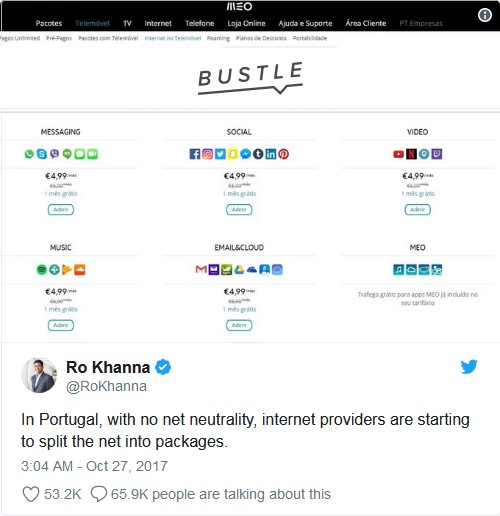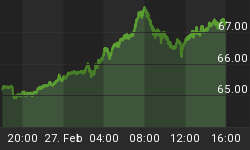Obama-era net neutrality rules were upheld by the Senate in a 52-47 vote today, but there is still a long way to go for the opposition of the Federal Communication Commission’s Restoring Internet Freedom Order.
But what are net neutrality rules in the first place? Broadly speaking, the rules are meant to prevent internet services providers (ISPs), especially big fish like Comcast, AT&T, Verizon and their ilk, from favoring certain services and apps by allowing them higher rates for quicker speeds and throttling others who don’t pay up.
Under the current rules, a company cannot charge users more to access certain websites or make certain online services faster than others.
Overbearing Regulation
The FCC is set to scrap those old rules, which could plausibly affect how services like Netflix run.
For starters, ISPs might decide to start charging extra to stream movies on Netflix. Alternatively, they might impose a data cap that limits how much a consumer can stream in a month or restrict HD content to higher-tier customers. That's already happening in some countries:

(Click to enlarge)
In an even more ominous outcome, users might find themselves with little choice other than to subscribe to a streaming service owned by the cable giants themselves. This is not as far-fetched as it sounds when you consider that a tie-up between AT&T and Time Warner remains on the cards, something that would leave them in control of much-loved HBO.
Overall, this does not sound like a very good deal for the American consumer, so why on earth would the FCC want to do that?
The organization's main argument against the 2015 rules is that they are too overbearing and stifle innovation and investment.
According to FFC chairman Ajit Pai, a new 'light-touch' framework is necessary to embrace a modern and forward-looking approach that will help the country lead the world in 5G technologies, the next generation of wireless connectivity. Related: Anonymous Cryptos And The Death Of Taxes
As such, the internet will be reclassified as an information service instead of its current status as a utility. ISPs will be allowed to act as toll keepers, prioritize and control traffic, and even block sites. The only major caveat for ISPs is that they will be required to disclose whether they engage in such practices.
Smaller ISPs Cry Foul
Much of the discussion on net neutrality usually focused on giant ISPs like the ones mentioned above.
Yet, it's easy to forget that smaller ISPs matter, too. The country's largest 17 broadband providers serve about 93 percent of the population, with the remaining gap filled by about 3,000 mom-and-pop operations that mainly serve the rural areas. These micro-providers are in many cases the only choice in underserved regions.
In June of 2017, 40 small ISPs sent a letter to the FCC chairman saying that the switch to the old system of things will lead to the cable giants crushing them.
And they are not alone. FCC Commissioner Jessica Rosenworcel, a Democrat, has lamented the change, saying it's on the 'wrong side of history.' But with Republicans holding a majority in the house and president Trump still having to assent to any changes, the odds are clearly stacked against the Democrats.
By Alex Kimani for Safehaven.com
More Top Reads From Safehaven.com:
















